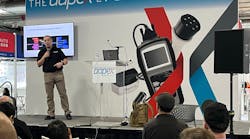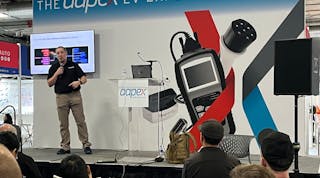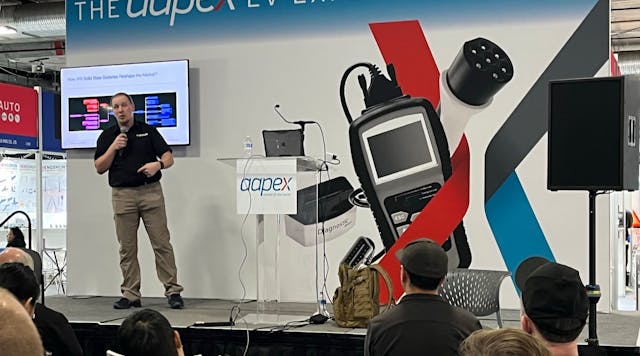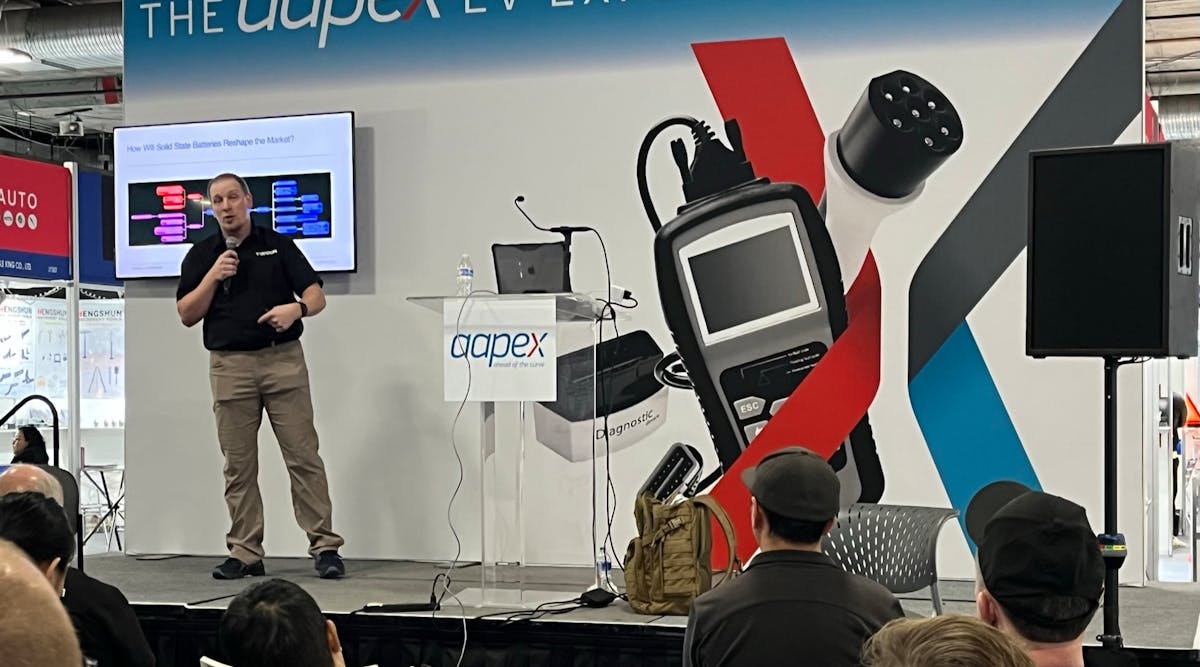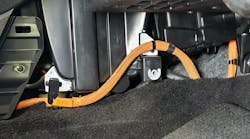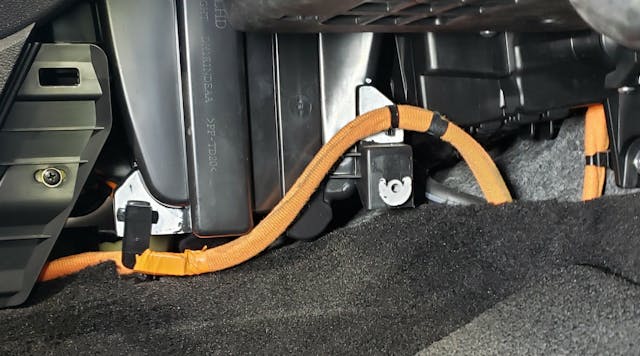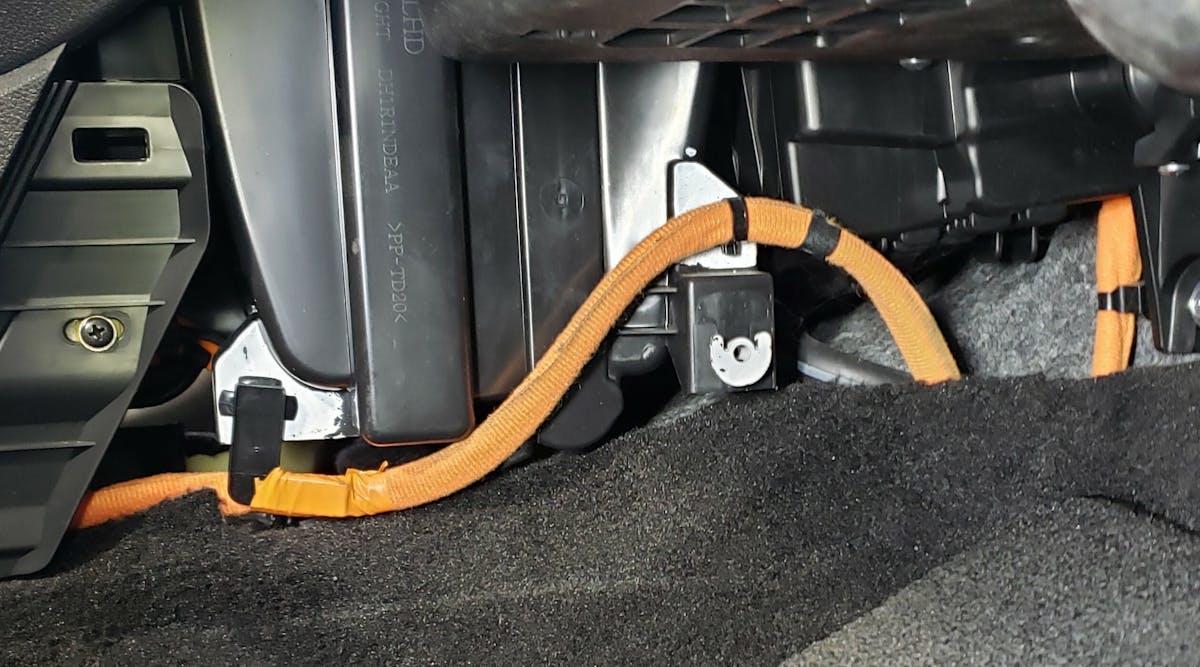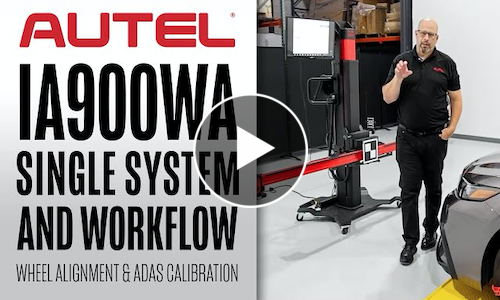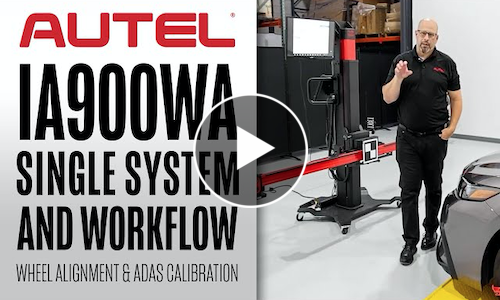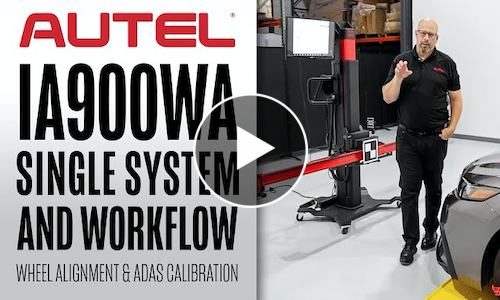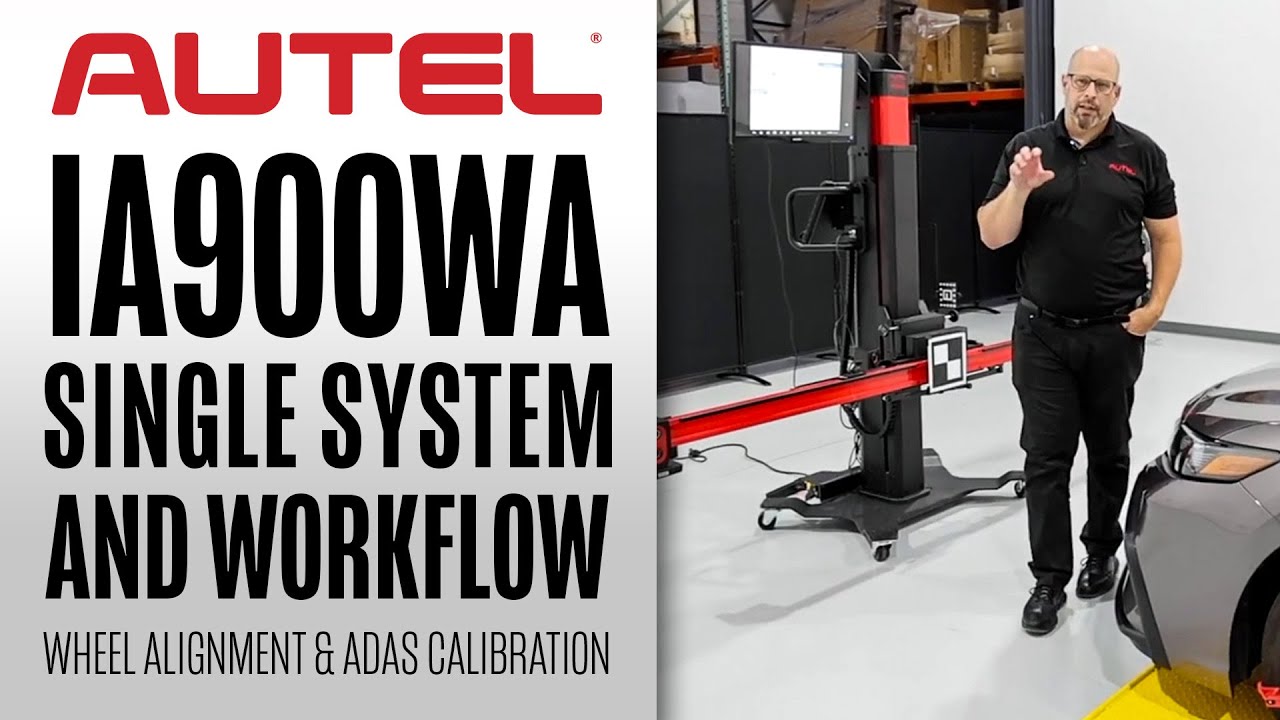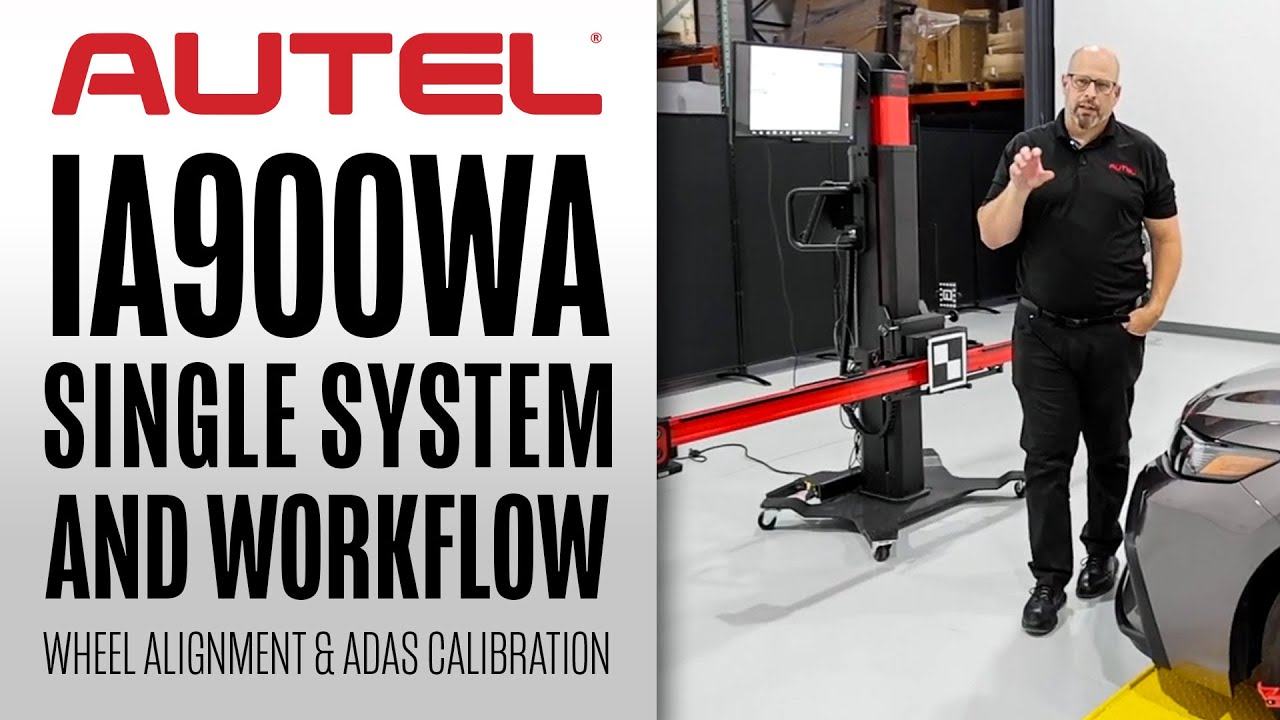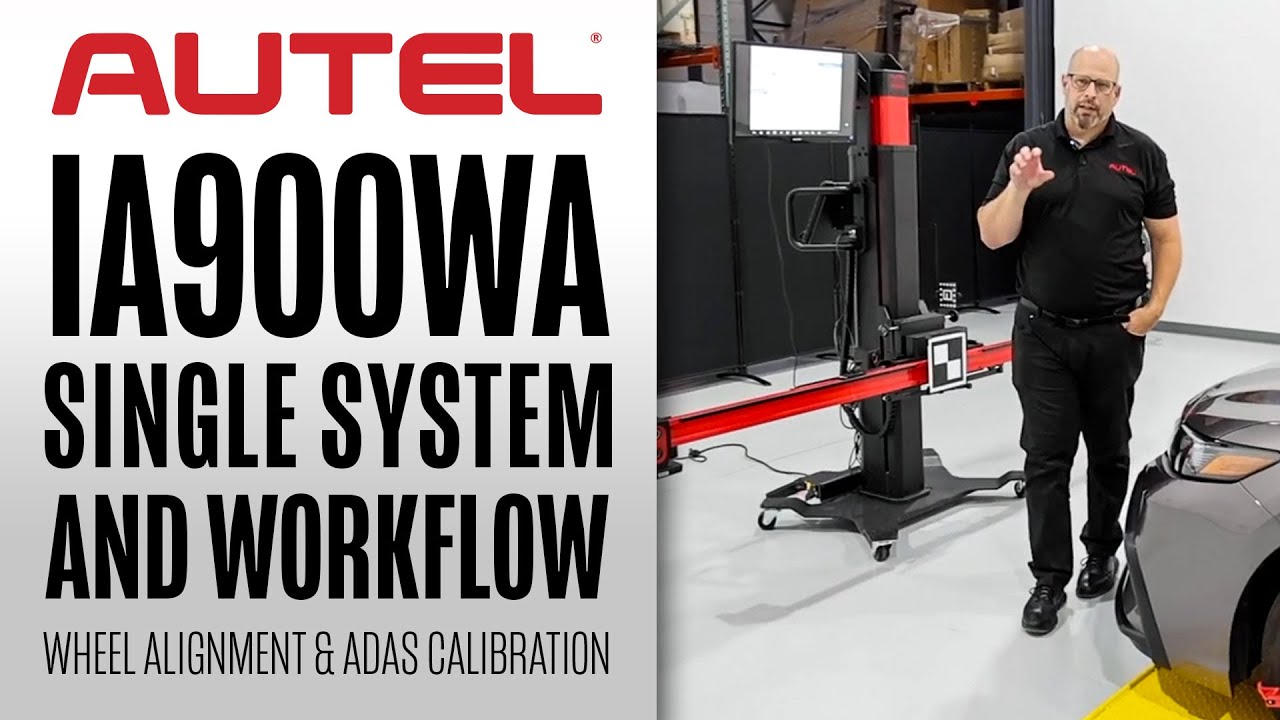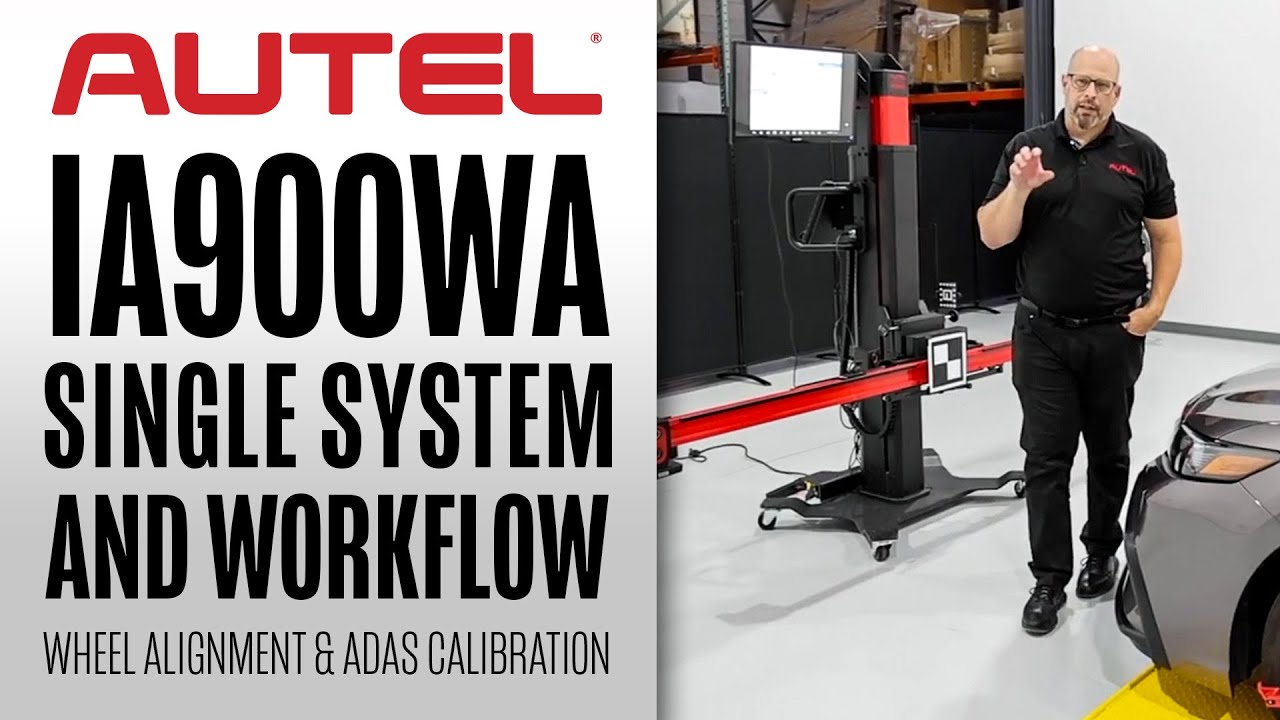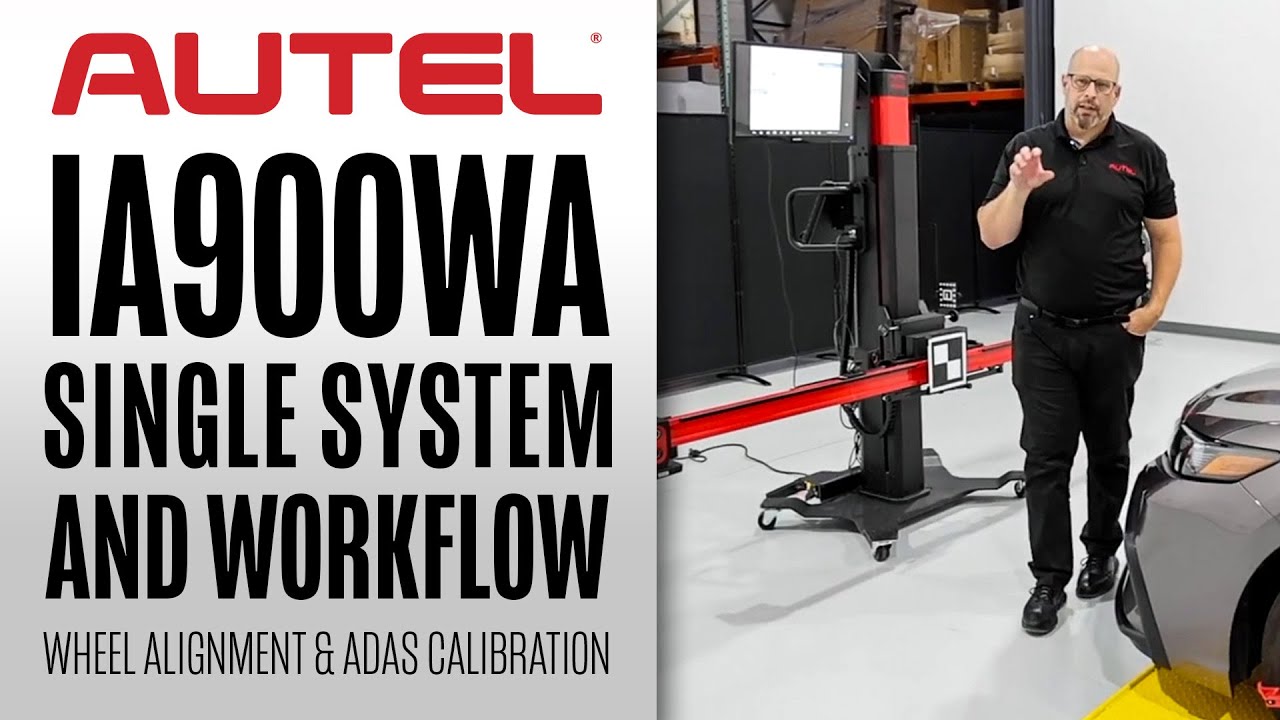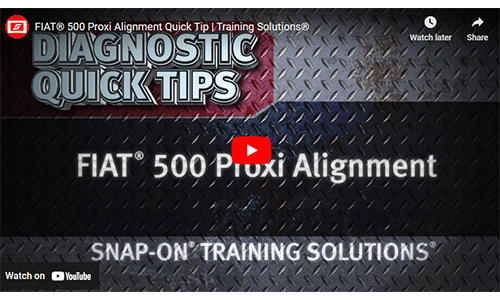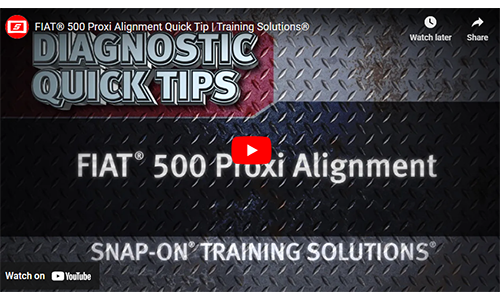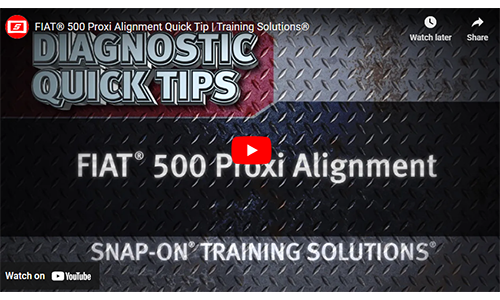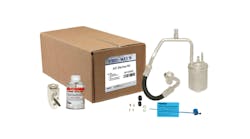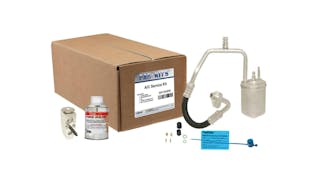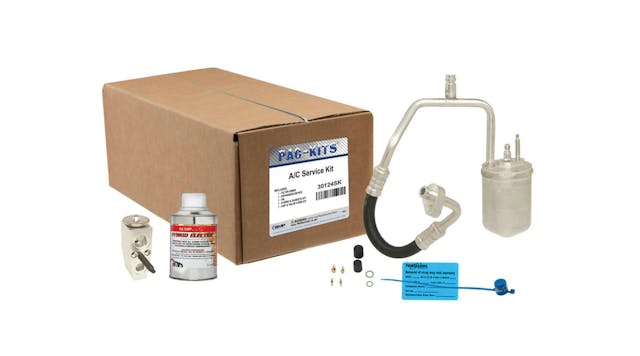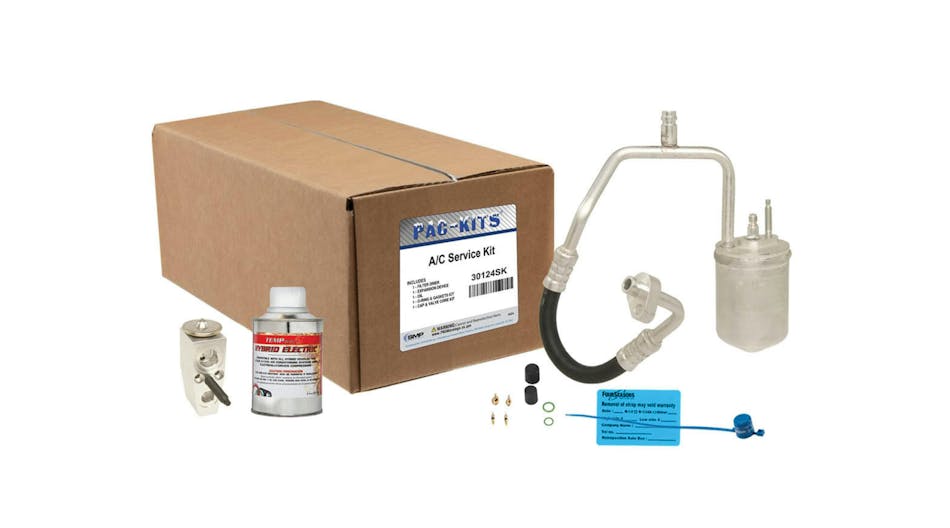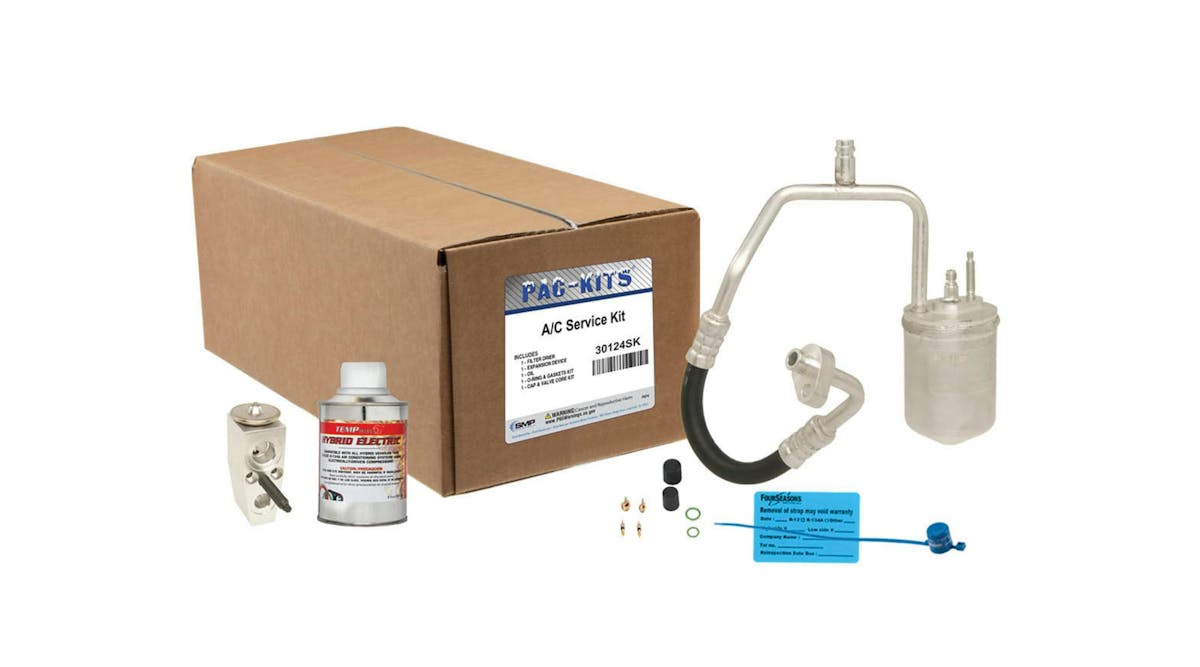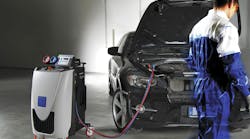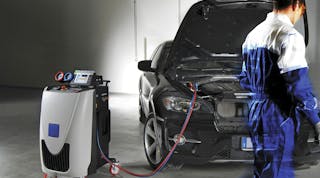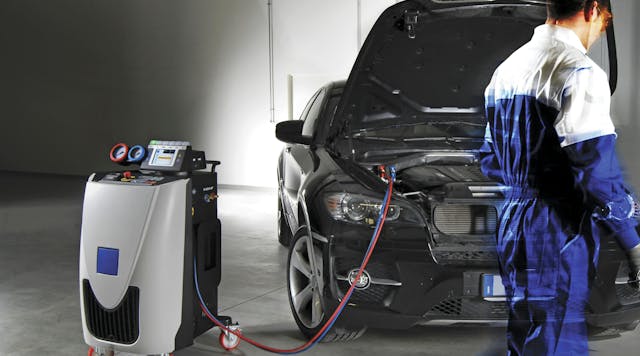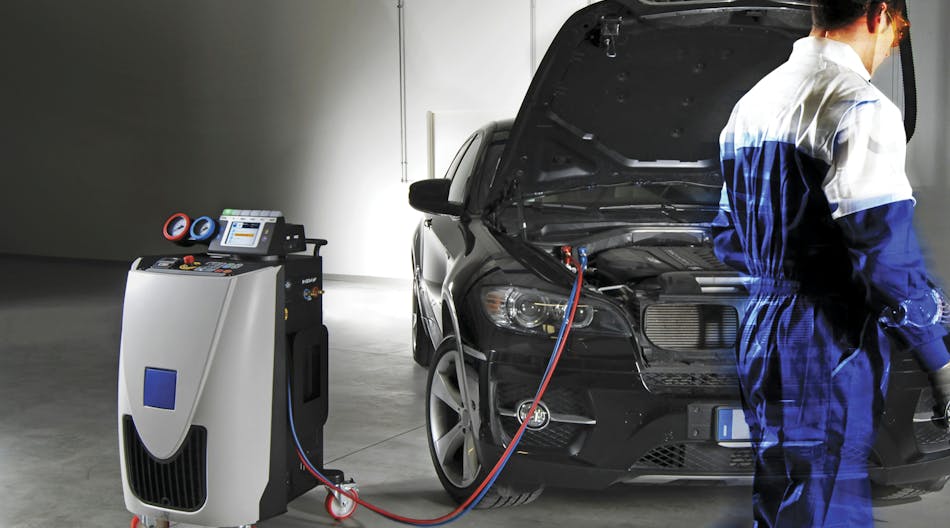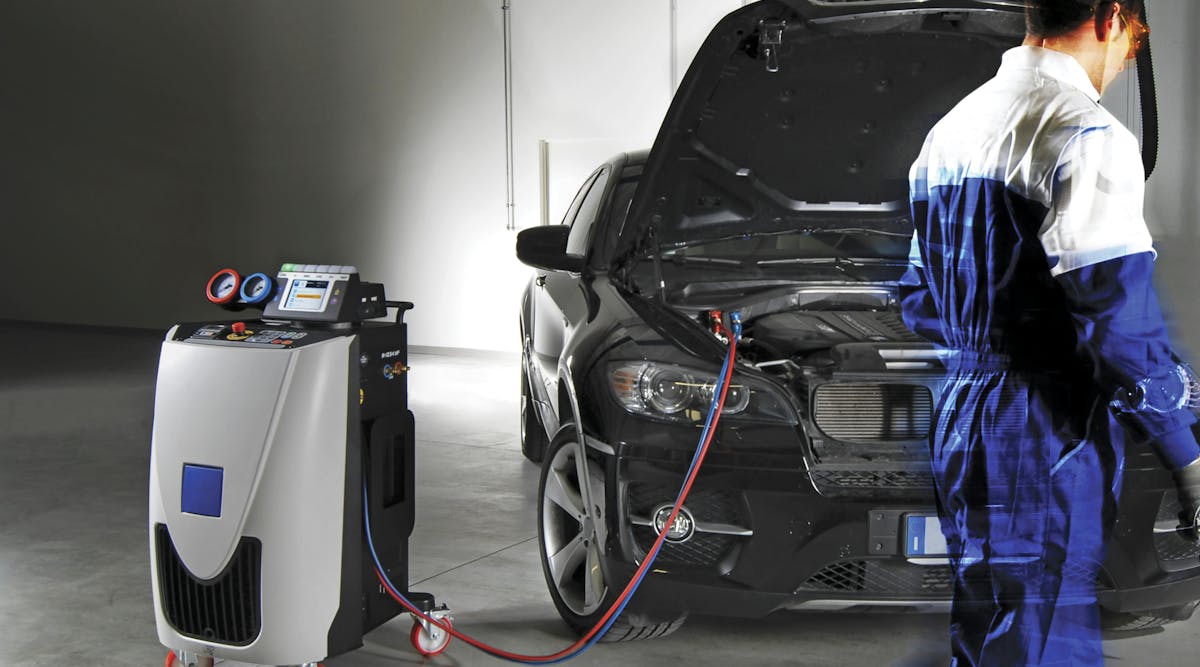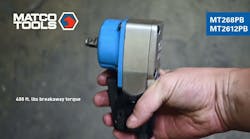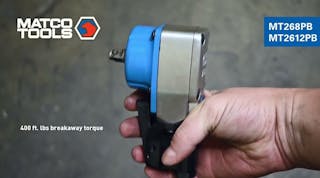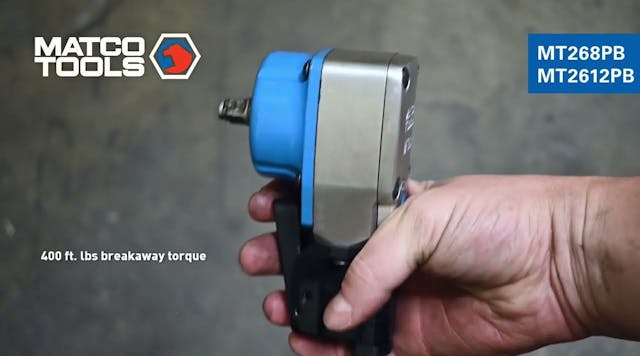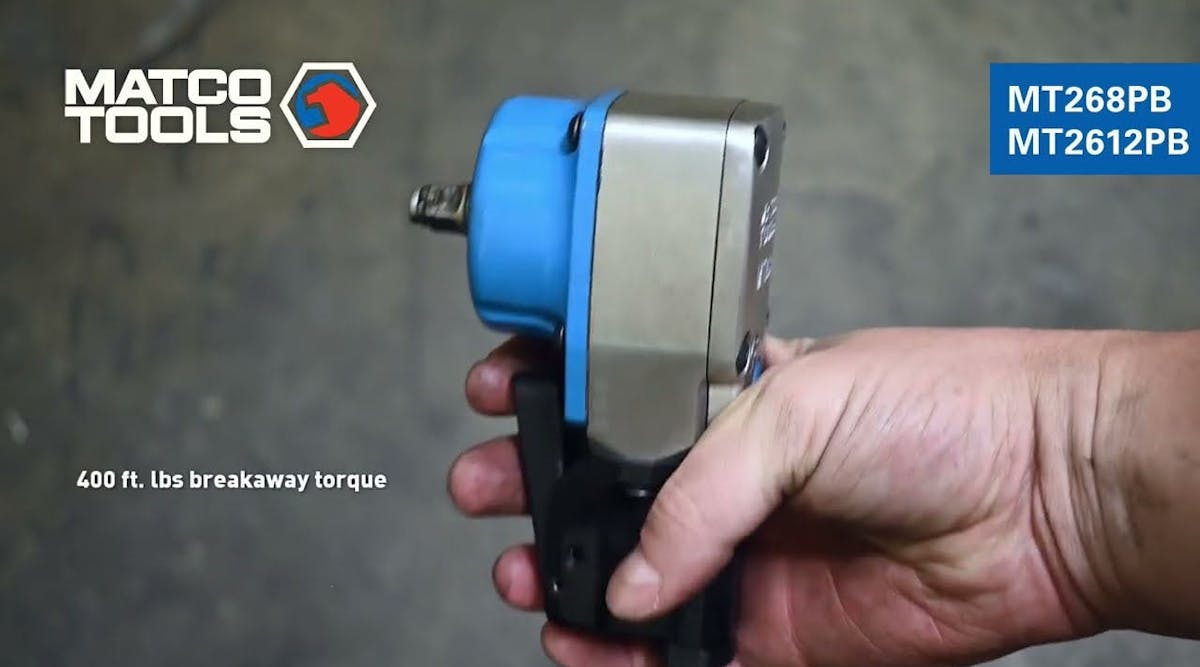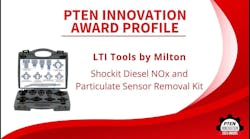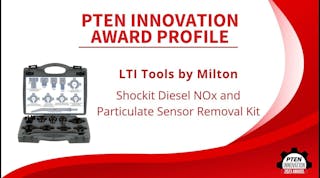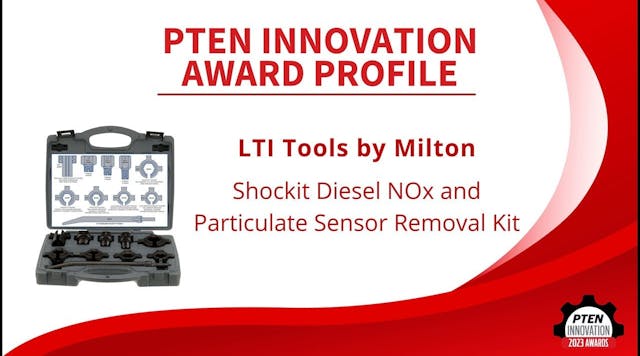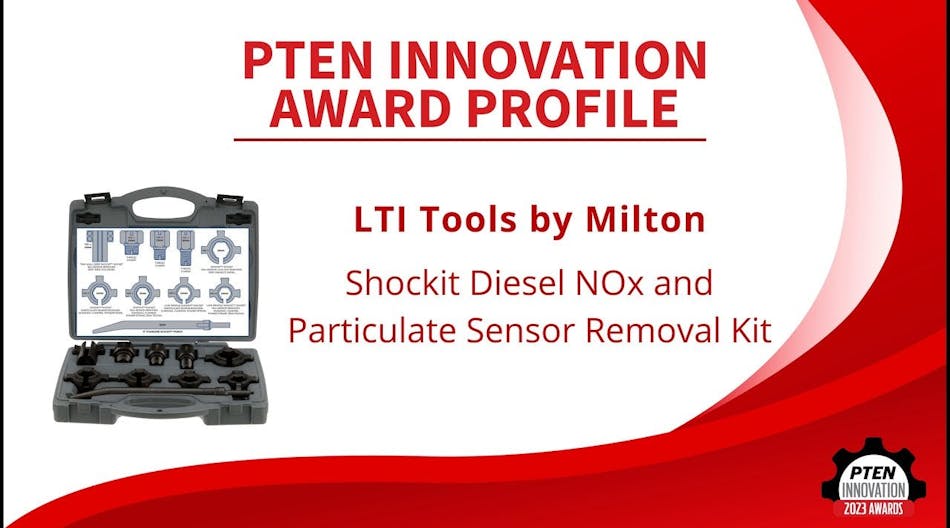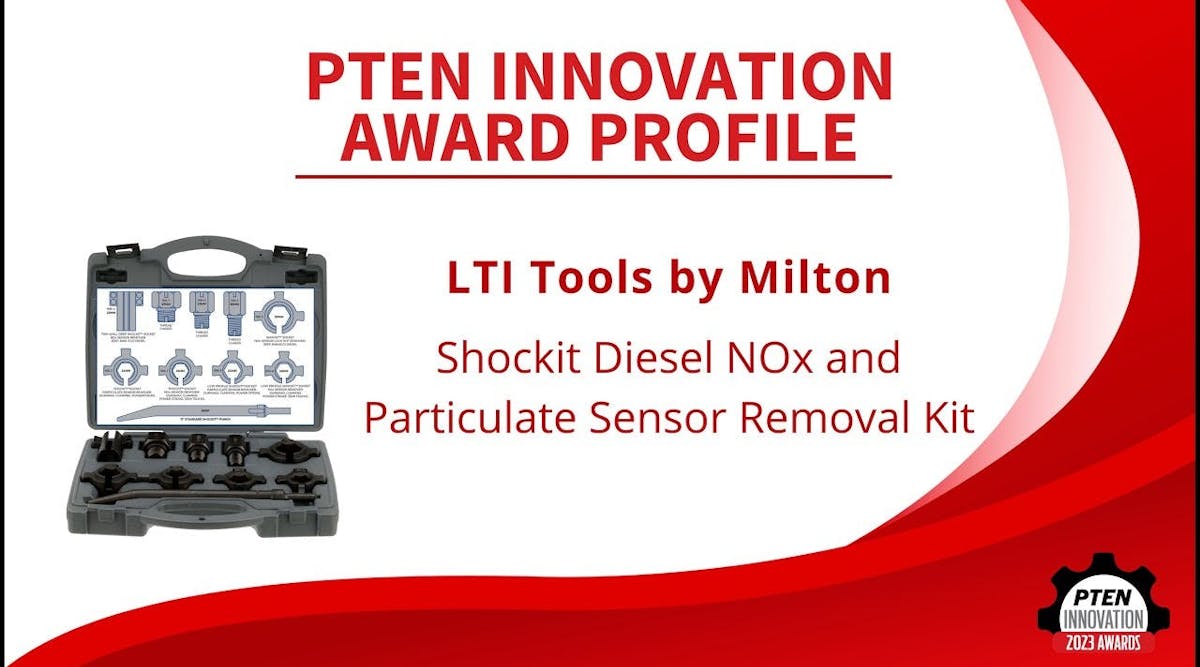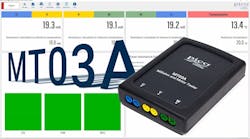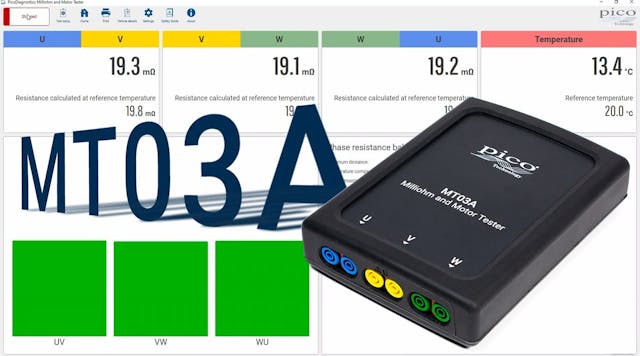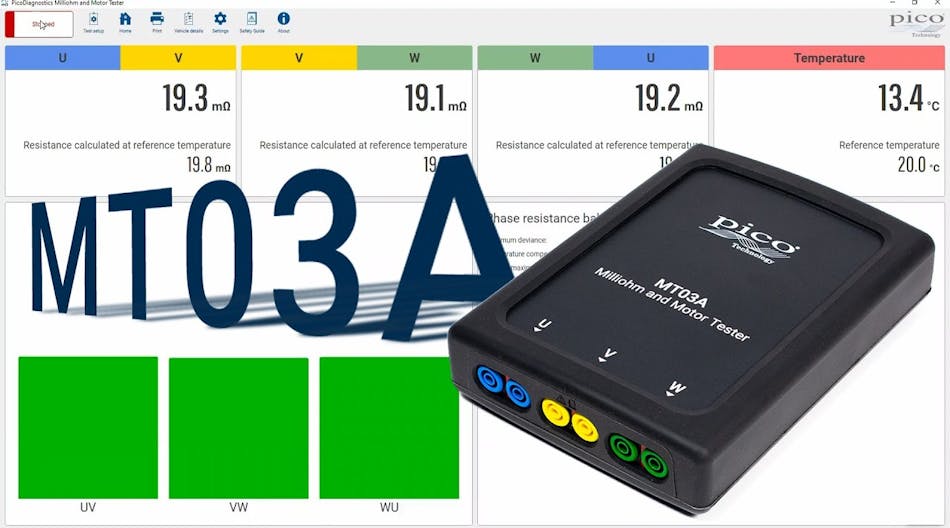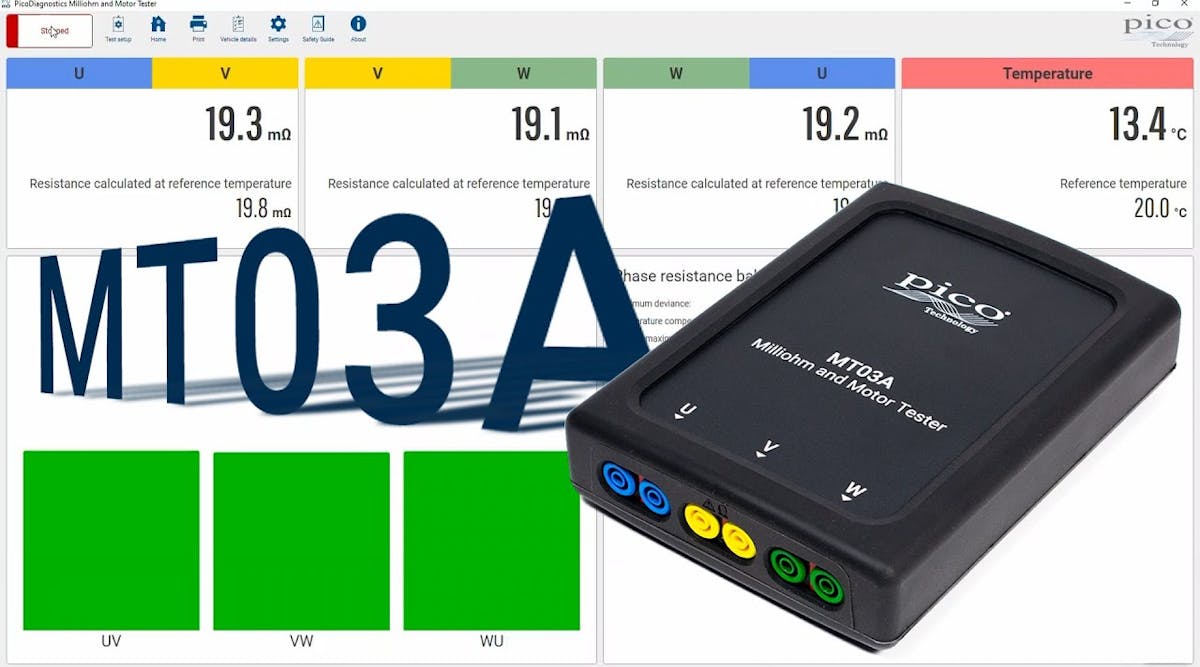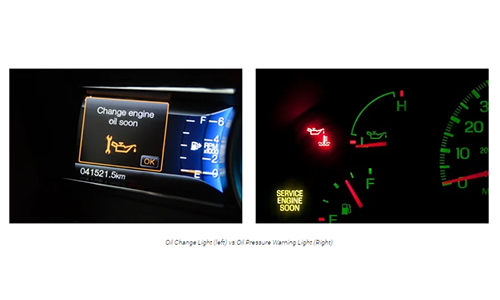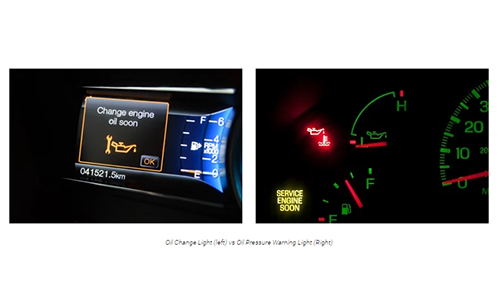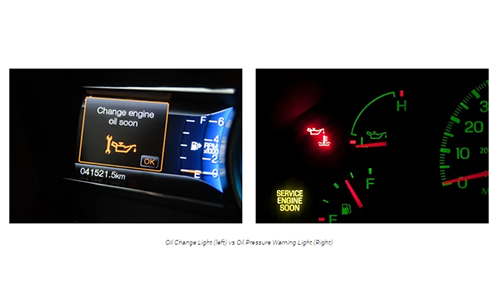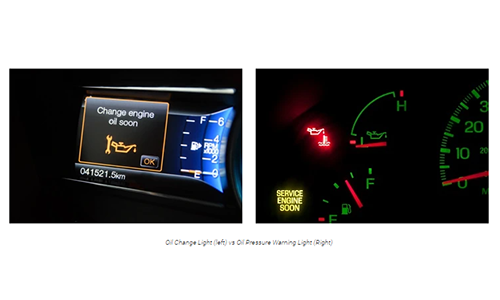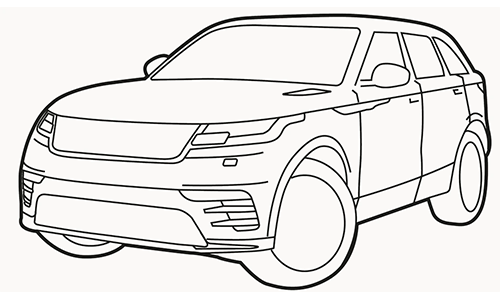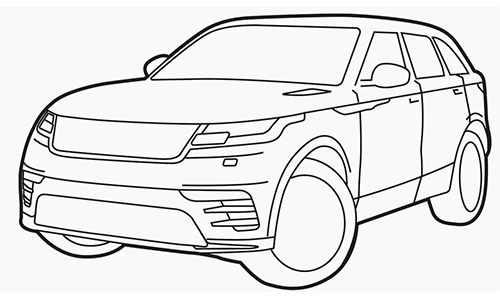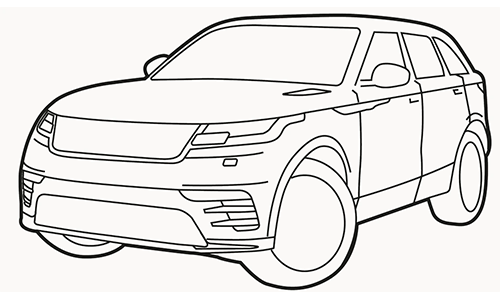Many automotive enthusiasts and SEMA member companies have come out to express their opposition to the California Air Resource Board's (CARB) "Advanced Clean Cars II" (ACC II) regulation that would ban the sale of new ICE motor vehicles by 2035. Over 5,000 letters were sent to the EPA expressing opposition to the agency providing California a Clean Air Act waiver, which is required in order for ACC II to take effect.
The Zero Emissions Vehicle (ZEV) mandate has not been received well by industry professionals, with many claiming it would adversely impact automotive businesses, their employees, and millions of automotive enthusiasts.
The letters, part of the EPA's official public comment period as the agency considers granting a waiver to California to allow the ban on new gas-powered vehicles, were intended to convey the impact of this mandate on the automotive aftermarket industry and small businesses. Since 17 other states have historically followed all or part of California;s low-emission and zero-emission regulations, the waiver allowing the state to ban the sale of non-ZEV vehicles could potentially have a harmful effect on the U.S. economy.
According to SEMA, they are committed to playing a central role in helping their members reduce carbon emissions through continued advancements in vehicle technology. However, the association strongly opposes government mandates that prohibit or limit the sale of ICE vehicles and select electrification as the technology of choice. In January, SEMA President and CEO Mike Spagnola, along with several SEMA members, testified at the EPA’s public hearing to express opposition to granting California a waiver to implement ACC II. During his testimony, Spagnola stressed that ACC II would significantly disrupt automotive supply chains and eliminate tens of thousands of jobs in vehicle manufacturing, parts production, and repair shops.
"This far-too-fast mandate will create a seismic shift in the automotive industry that will hurt small businesses that don't have the capacity to make the shift this quickly," said Spagnola in his testimony. "While the federal government is helping some parts of the automotive industry, small businesses aren't receiving billions of dollars in government funds to fund their electric vehicle programs. For many specialty aftermarket businesses, which are not receiving government subsidies and can’t afford to sustain massive losses, requiring all new vehicles sold to be ZEV by 2035 poses an existential threat."
ACC II requires that 35 percent of new cars, SUVs, and small trucks sold in California must be ZEV starting in 2026. Before ACC II can be implemented, CARB must receive a waiver from the EPA for the regulations to take effect. By considering this federal mandate, the EPA seeks to dramatically increase sales of EVs. If the regulation is finalized, the EPA estimates the rule would lead to EVs making up two-thirds of new passenger vehicles sold in the United States by 2032 and essentially blocking out other technologies and innovations already underway in the industry to help achieve lower automotive emissions goals.





